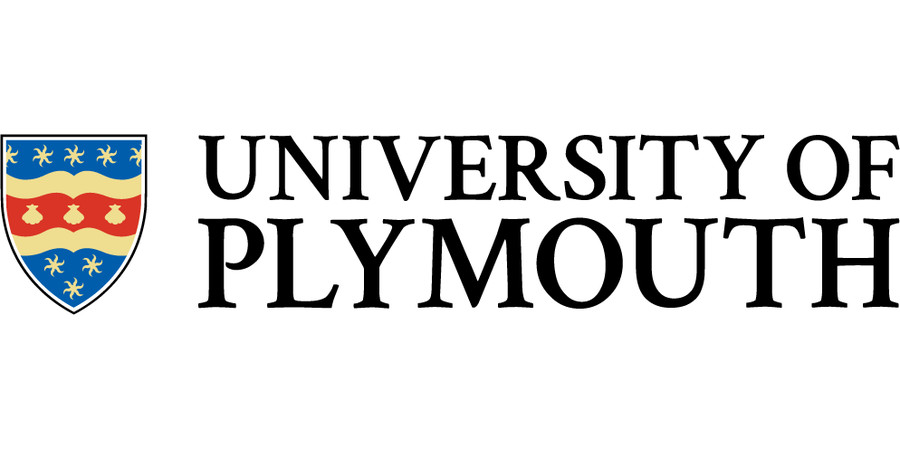PhD Studentship: Using hermit crab personality to understand the effects of human induced rapid environmental change (HIREC)
University of Plymouth - School of Biological and Marine Sciences
| Qualification Type: | PhD |
|---|---|
| Location: | Plymouth |
| Funding for: | UK Students, EU Students, International Students |
| Funding amount: | The studentship is supported for 3.5 years and includes a stipend from £19,237 per annum 2024-25 rate (2025-26 UKRI rate TBC) |
| Hours: | Full Time |
| Placed On: | 12th November 2024 |
|---|---|
| Closes: | 8th January 2025 |
DoS: Professor Mark Briffa (mark.briffa@plymouth.ac.uk)
2nd Supervisor: Dr Peter Cotton (P.Cotton@plymouth.ac.uk)
3rd Supervisor: Dr Svenja Tidau, Bangor University
Applications are invited for a 3.5 years PhD studentship.
The studentship will start on 01 October 2025
Project Description
Scientific background
Human induced rapid environmental change (HIREC) places new selection pressures on natural populations. The strength of these will depend on the balance between adaptive phenotypic plasticity, maladaptive impairment, and individual differences in these responses [1]. Behaviour is very sensitive to HIREC [1] so understanding its effects on behaviour is key to predicting long-term consequences for animal populations [1]. Hermit crabs are a model species for studying behavioural responses to HIREC [2] including elevated temperature [1], light pollution [3], noise pollution [4], ocean acidification [1] and microplastics [5], and a model for animal personality, a framework for probing between- and within-individual variation in behaviour [1]. Behavioural responses have been investigated for individual HIRECs but in nature these do not occur in isolation. Therefore, we need to investigate their combined and interactive effects on behaviour. In this project you will conduct experiments to investigate the effects of HIRECs in combination, including examples that could be ameliorated in the short term (light and noise pollution) and those that cannot (microplastics, elevated temperature). Our central questions are: Will combined stressors amplify the effects of single stressors? How these will these combinations effect between- and within-individual variation in behaviour? Using hermit crabs as your model you will conduct laboratory experiments on individual boldness [5] and pairwise resource contest behaviour [1] and, in a field experiment, group-level interactions and resource distribution [4].
Research methodology
Collection of hermit crabs from local sites to use in laboratory behavioural experiments, where you will manipulate noise, light, temperature and microplastics. Behavioural responses will be video-recorded and analysed using specialist software. You will also undertake a field survey of resource distribution within hermit crab populations at differently impacted sites.
Training
All aspects of working with a decapod model including husbandry, ethics, experimental design and behavioural observation, and how to manipulate light and soundscapes in the laboratory. Coaching in statistics.
Person specification
An enthusiasm for animal behaviour and its importance for understanding responses to HIREC is essential. Experience with data analysis using R and knowledge of core concepts in behavioural ecology, or of anthropogenic impacts on the environment are desirable.
For information on Eligibility and Funding, please click on the links below:
To apply for this position please click on the Apply button above.
Please clearly state the name of the DoS and the studentship that you are applying for at the top of your personal statement.
Please see here for a list of supporting documents to upload with your application.
For more information on the admissions process generally, please visit our How to Apply for a Research Degree webpage or contact the Doctoral College.
The closing date for applications on 8th January 2025.
Shortlisted candidates will be invited for interview after the deadline.
We regret that we may not be able to respond to all applications.
Applicants who have not received a response within six weeks of the closing date should consider their application has been unsuccessful on this occasion.
Advert information
Type / Role:
Subject Area(s):
Location(s):









